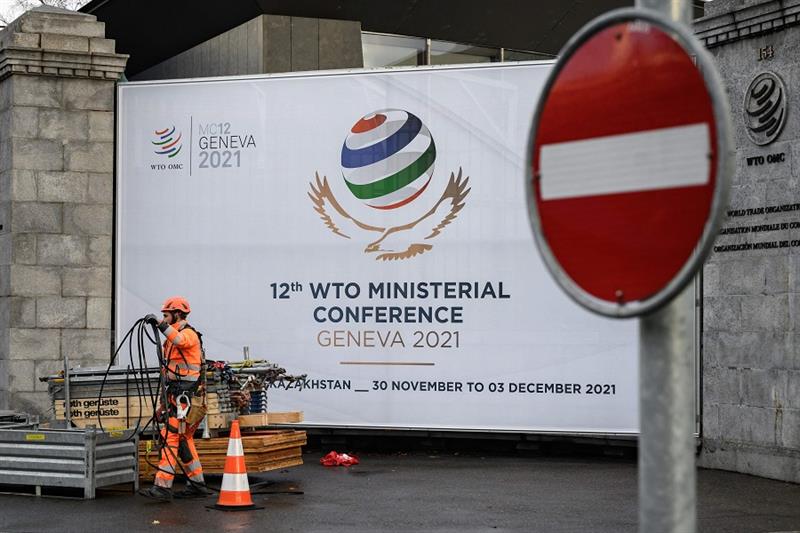The 13th World Trade Organization (WTO) Ministerial Conference in Abu Dhabi concluded with a landmark agreement aimed at facilitating and streamlining global digital trade. The deal, signed by representatives from participating countries, marks a significant step towards establishing a framework for e-commerce, fostering innovation, and promoting economic growth in the digital age.
Negotiations for the agreement, officially titled the "Joint Declaration on Enhancing Trade in the Digital Economy," commenced in 2019 and involved active participation from over 80 WTO members. The final document outlines several key areas of cooperation, including:
- Elimination of customs duties on electronic transmissions: This provision aims to reduce costs associated with digital products and services, making them more accessible for consumers and businesses across borders.
- Streamlining digital trade procedures: The agreement encourages member countries to simplify customs clearance processes for digital products, reducing bureaucratic hurdles and expediting cross-border transactions.
- Promoting regulatory coherence: The signatories commit to working towards harmonizing regulations related to digital trade, such as data privacy and cybersecurity, while ensuring adequate protection for consumers and businesses.
- Enhancing cooperation on e-commerce: The agreement emphasizes the importance of collaboration between governments, businesses, and other stakeholders to foster a conducive environment for the development of e-commerce and the digital economy.
Director-General of the WTO, Ngozi Okonjo-Iweala, hailed the agreement as a "historic achievement" that will contribute to increased prosperity and inclusivity in the global trade landscape.
"This declaration represents a significant step forward in harnessing the immense potential of the digital economy for sustainable development," stated Okonjo-Iweala, highlighting the agreement's potential to create new job opportunities, empower small businesses, and bridge the digital divide.
However, concerns remain regarding the specific implementation and potential challenges associated with the agreement. Some experts warn of potential difficulties in achieving regulatory coherence between countries with diverse legal and economic systems. Additionally, concerns exist regarding the potential impact on developing countries' ability to protect their data and domestic industries.
Despite these concerns, the signing of the agreement is undoubtedly a positive development for the global digital trade landscape. The agreement has the potential to unlock new opportunities for businesses and individuals, paving the way for a more integrated and efficient global digital economy. With careful implementation and continued collaboration, the agreement could serve as a catalyst for sustainable and inclusive growth in the digital age.

